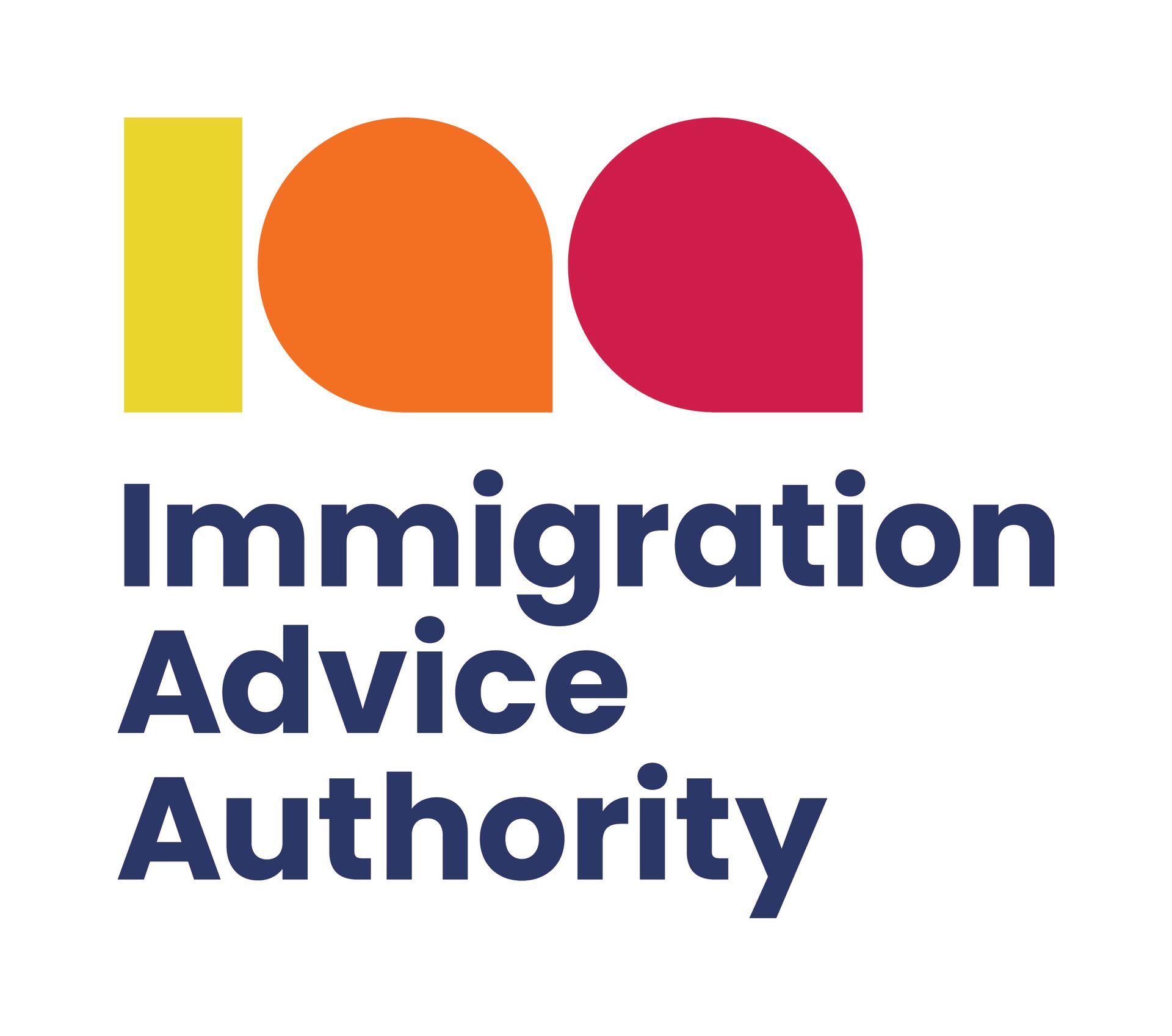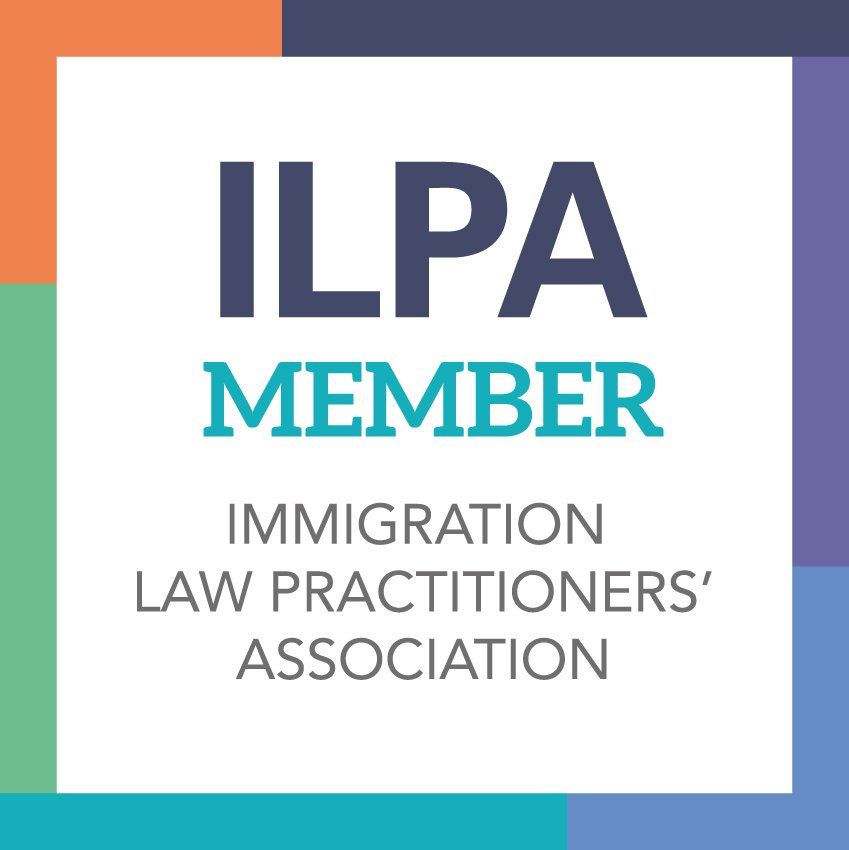PUBLIC FUNDSLATEST NEWS
This page covers all the latest news about public funds and guidance on whether you are entitled to claim type of public funds.
We will list what the news states, add important links if any and explain any jargon so it is understandable.
If you are still unsure or need help, contact us today by completing the form below.
Date Published: 22 April 2016
News Title: Home Office publication.
The Home Office has published its latest news on Public funds. The Home Office page outlines the types of public funds and who can claim it.
READ MORE
The key change request to the guidance published on the 17 February 2014 are:
- extensive revision and updating throughout document, including to sections on:
- benefits that do and do not count as public funds
- NHS treatment
- state funded schooling
- housing received by a settled partner
- housing and homelessness assistance
- public funds which can be claimed by EEA nationals
- exceptions by nationality
- maintenance undertakings
- data-sharing sections
- descriptions of benefits
- new sections have been inserted on exceptions for child tax credit, working tax credit and child benefit
- the section on temporary loss of funds from abroad has been removed, as this exception no longer applies
From 6 April 2016 discretionary support payments by local authorities or devolved administrations in Scotland and Northern Ireland which replace the discretionary social fund.
To learn much more about public funding click the link below and if you get stuck, complete the form below and we get back to you.
Date Published: 17 February 2014
News Title: Home Office publication.
The Home Office has published its latest news on Public funds. The Home Office page outlines the types of public funds and who can claim it.
READ MORE
If you have a residence permit that allows you to live in the UK, it may include the condition that you have no recourse to public funds. If so, it means you will not be able to claim most benefits, tax credits or housing assistance that are paid by the state.
However, there are exceptions for some benefits and if you are in any doubt, you should contact the department or agency that issues it. This will often be the Department for Work and Pensions
or HM Revenue & Customs.
The types of public funds are:
- income-based jobseeker’s allowance
- income support
- child tax credit
- universal credit
- working tax credit
- a social fund payment
- child benefit
- housing benefit
- council tax benefit
- council tax reduction
- domestic rate relief (Northern Ireland)
- state pension credit
- attendance allowance
- severe disablement allowance
- personal independence payment
- carer’s allowance
- disability living allowance
- an allocation of local authority housing
- local authority homelessness assistance
EEA nationals can claim the following public funds, dependent on whether they are employed, self-employed, a student, self-sufficient or a jobseeker:
- Attendance Allowance
- Carer’s Allowance
- Council Tax Reduction
- Child Benefit
- Child Tax Credits
- Housing Benefit
- Income Support
- Jobseekers Allowance
- Personal Independence Payment
- Working Tax Credits
- Disability Living Allowance
Benefits not considered as public funds under the Immigration Rules include:
- Contribution based Jobseeker's Allowance
- Guardian’s allowance
- Incapacity Benefit
- Contribution-based Employment and Support Allowance (ESA)
- Maternity allowance
- Retirement pension • Statutory maternity pay
- Statutory sickness pay
- Widow’s benefit and bereavement benefit
This is not an exhaustive list. If you are in any doubt you must check the definition of public funds in Paragraph 6 of the Immigration Rules. Where the benefit is not included in Paragraph 6, it must not be considered as being a public fund for immigration purposes.
National Health Service (NHS) treatment, state-funded schooling (academy and maintained schools) and education in 16-19 academies are not considered to be public funds.


